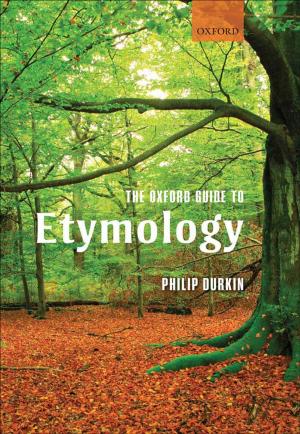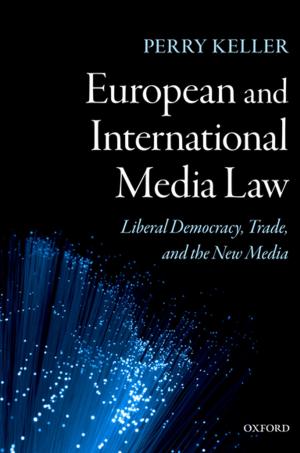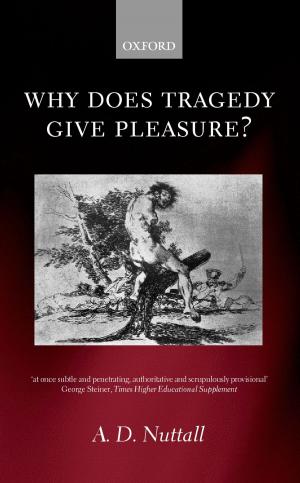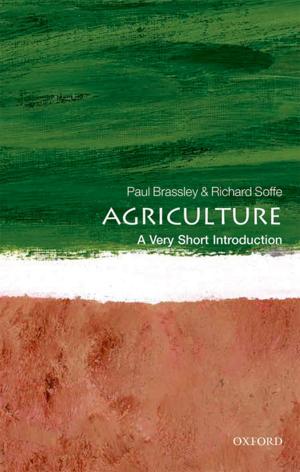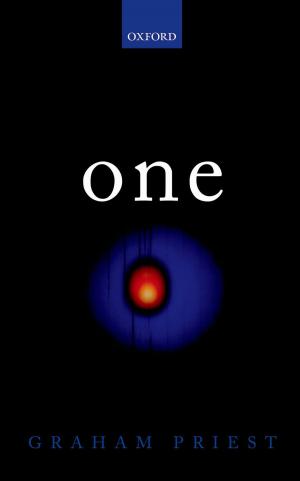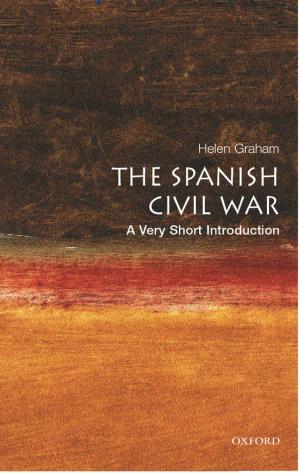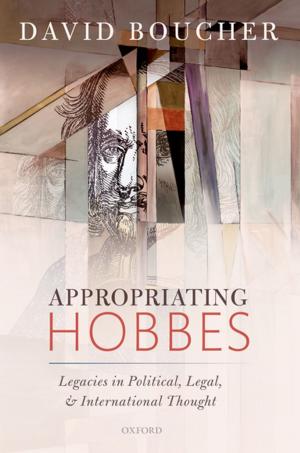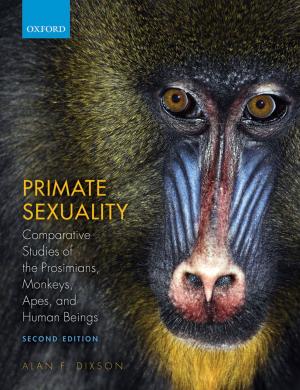System, Order, and International Law
The Early History of International Legal Thought from Machiavelli to Hegel
Nonfiction, Reference & Language, Law, International, Legal History| Author: | ISBN: | 9780191081064 | |
| Publisher: | OUP Oxford | Publication: | April 28, 2017 |
| Imprint: | OUP Oxford | Language: | English |
| Author: | |
| ISBN: | 9780191081064 |
| Publisher: | OUP Oxford |
| Publication: | April 28, 2017 |
| Imprint: | OUP Oxford |
| Language: | English |
Since the formation of nation-states lawyers, philosophers, and theologians have sought to envisage the ideal political order. Their concepts, deeply entangled with ideas of theology, state formation, and human nature, form the bedrock of today's theoretical discourses on international law. This volume maps models of early international legal thought from Machiavelli to Hegel before international law became an academic discipline. The interplay of system and order serves as a leitmotiv throughout the book, helping to link historical models to contemporary discourse. Part I of the book covers a diverse collection of thinkers in order to scrutinize and contextualize their respective models of the international realm in light of general legal and political philosophy. Part II maps the historical development of international legal thought more generally by distilling common themes and ideas that have remained at the forefront of debate, such as the relationship between law and theology, the role of the individual versus that of the state, the influence of power and economic interests on the law, and the contingencies of time, space and technical opportunities. In the current political climate, where it is common to state that the importance of the nation-state is vanishing, the problems at issue in the classic theories do not seem so remote: is an international system without central power possible? How can a normative order come about if there is no central force to order relations between states? These essays show how uncovering the history of international law can offer ways in which to envisage its future.
Since the formation of nation-states lawyers, philosophers, and theologians have sought to envisage the ideal political order. Their concepts, deeply entangled with ideas of theology, state formation, and human nature, form the bedrock of today's theoretical discourses on international law. This volume maps models of early international legal thought from Machiavelli to Hegel before international law became an academic discipline. The interplay of system and order serves as a leitmotiv throughout the book, helping to link historical models to contemporary discourse. Part I of the book covers a diverse collection of thinkers in order to scrutinize and contextualize their respective models of the international realm in light of general legal and political philosophy. Part II maps the historical development of international legal thought more generally by distilling common themes and ideas that have remained at the forefront of debate, such as the relationship between law and theology, the role of the individual versus that of the state, the influence of power and economic interests on the law, and the contingencies of time, space and technical opportunities. In the current political climate, where it is common to state that the importance of the nation-state is vanishing, the problems at issue in the classic theories do not seem so remote: is an international system without central power possible? How can a normative order come about if there is no central force to order relations between states? These essays show how uncovering the history of international law can offer ways in which to envisage its future.


